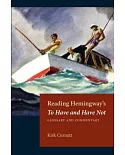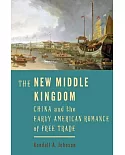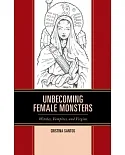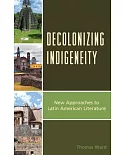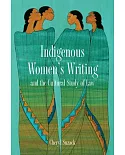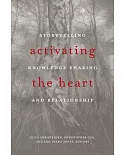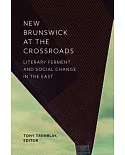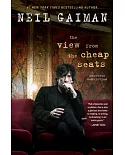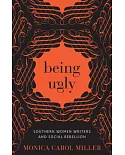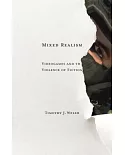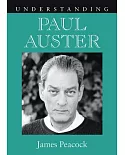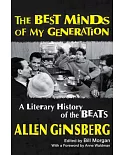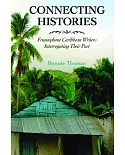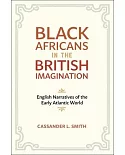Like Freud's `civilisation', globalisation is both cause and consequence of its own discontents, visible at times only in the resistances it generates. Study of the phenomenon has until
recently been confined largely to economists and political and social scientists. The present volume brings a range of literary and cultural analyses to bear to demonstrate both its actual
time-depth and the all-encompassing nature of its influences on culture and consciousness. The English language and English literature have been major elements in its forging, underwriting
first British and then American cultural hegemony. Unlike most readings of globalisation, these essays depict not an irresistible juggernaut but a process that, in generating its own
resistances, opens up the possibility of an alternative world order founded not on the inequities of power and capital, but on shared commitment to a fragile planet and a common and universal
culture. Ranging from Homer to Michael Crichton, Shakespeare to Suleyman Al-Bassam, John Donne to Les Murray, John Keats to Derek Walcott, Conrad, Gissing and Edward Lear to V. S. Naipaul and
Salman Rushdie, and addressing, among many others, writers as diverse as Paul Val�穢ry and Edouard Glissant, Gertrude Stein and Wallace Stevens, George Orwell, Martha Gellhorn and Storm Jameson,
Eliot, Yeats and Auden, Seamus Heaney and Paul Muldoon, these essays explore a remarkable range of responses to the process of globalisation from earliest times to the present day.
Contributors: STAN SMITH, GRAHAM HOLDERNESS, BRYAN LOUGHREY, JENNIFER BIRKETT, PHYLLIS LASSNER, SHARON OUDITT, TONY SHARPE, EDWARD LARRISSY, MICHAEL MURPHY, LIAM CONNELL


